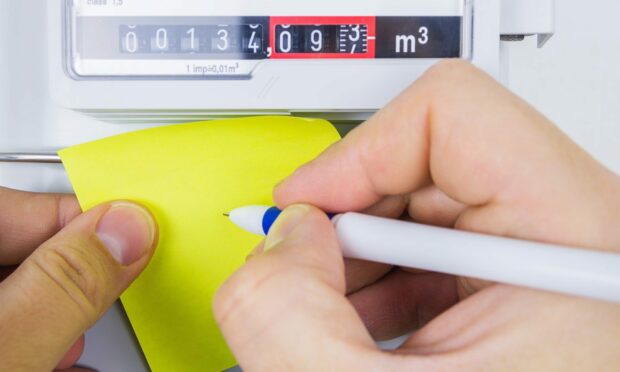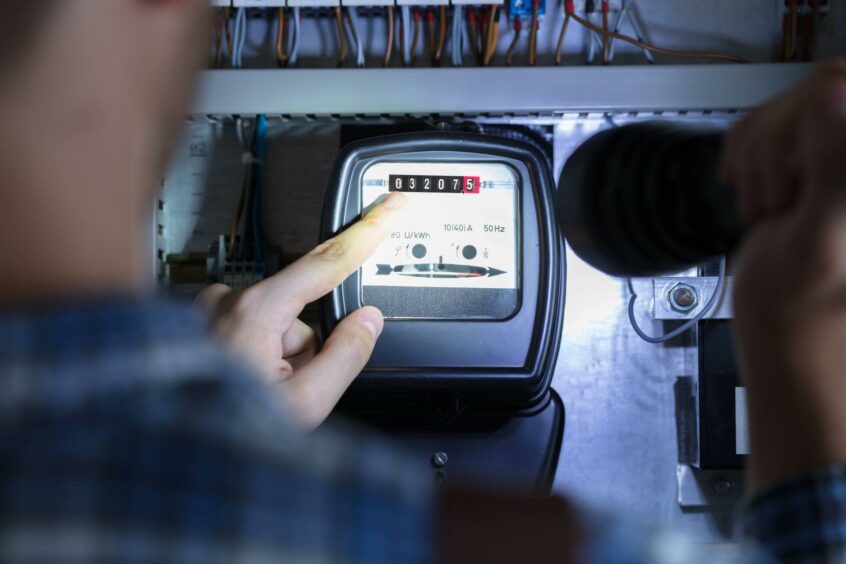The energy price cap comes into force tomorrow (Oct 1) with the average bills increasing from £1,971 to £2,500.
Households across the country will see the biggest rise in living costs so far with the Ofgem price hike.
So what should you do before bills increase?
Check meter readings
Suppliers need regular accurate readings from your gas and electric meters to calculate your bills.
If you don’t submit actual readings it could lead to your bills being too high.
The best thing to do is your contact your supplier and get your readings submitted today.
This can normally be done through your account online or you can choose to call.
But be prepared for a long wait should you choose to telephone.
Also think about taking a picture of your readings, with a timestamp, just in case of any discrepancies with future bills. Always good to have a back-up.
Find out how your £400 energy payment will be paid
All households will get a one-off £400 cut to their fuel bills from October.
How you’ll get it all depends on how you pay for your gas and electricity bills.
If you’re paying by direct debit, you’ll receive a discount automatically, or as a refund directly into your bank account once the monthly direct debit has been taken.
It will be spread over six months, with a reduction of £66 in October and November, and £67 every month between December and March 2023.
If you’re a prepayment meter customer, you’ll get redeemable discount vouchers.
Beware of scams
Advice Direct Scotland has also put out a warning for consumers across the north and north-east to be aware of cost-of-living scams as the Energy Bills Support Scheme gets under way.
It said it expects to see a surge in fraudulent attempts to manipulate struggling households with several scams circulating relating to different sources of support, many of which claim from energy regulator Ofgem, or other organisations.
No household will be asked for their bank details to process payments, or to receive the rebates, and should not supply this information.
Also avoid clicking on any links in emails or text messages, as these can take you to cloned websites with the intention of stealing personal or financial information.
Check your direct debit payment
Many people will have seen a substantial increase in their payments in the past month or two.
However, with the price cap now frozen at £2,500, many families might be overpaying every month.
While overpaying could help even out the costs by building up credit, with the £400 discount, some households could be paying much more than needed.
Double-check and make sure it’s manageable for you.
Contact your supplier if you are struggling
Don’t assume the direct debit payment you are asked if the pay is what you have to.
Contact your supplier and explain your circumstances.
In many cases, you can get your payment reduced. Just make sure it’s not going to leave you in debt further down the line.


